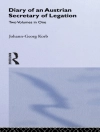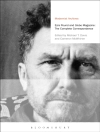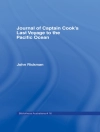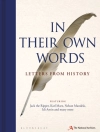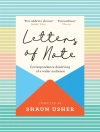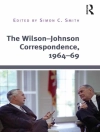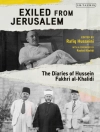In ‘Letters to His Son, Complete, ‘ Philip Dormer Stanhope, the Earl of Chesterfield, offers a collection of correspondences that provide profound insights into the art of communication, manners, and the cultivation of personal character. Written in the early 18th century, these letters reflect the literary style of the Enlightenment, characterized by clarity, eloquence, and a focus on the moral and intellectual development of the individual. Chesterfield’s letters not only serve as guidance for his son’s education but also paint a vivid portrait of the social mores and expectations of the English aristocracy, making it a significant work in the canon of epistolary literature. Chesterfield was a prominent statesman, diplomat, and writer whose extensive life experiences informed his advice on navigating the complexities of society. His lineage and upbringing played a critical role in shaping his views on etiquette and education. The letters demonstrate a paternal concern blended with the influence of Enlightenment thought, underscoring the importance of wit, charm, and intellectual prowess as tools for success in both personal and public domains. This book is highly recommended for readers interested in historical perspectives on societal norms, as well as those seeking self-improvement in communication and manners. Chesterfield’s timeless wisdom resonates today, making it a valuable text for anyone eager to refine their social acumen and personal integrity.
Об авторе
Philip Dormer Stanhope, the 4th Earl of Chesterfield (1694–1773), was a prominent British statesman and man of letters famed for his wit and charm. Born in London, he received a rich cultural education that polished his intellect and social graces. Chesterfield embodied the ideal of the 18th-century Enlightenment—a scholarly gentleman actively involved in politics and intellectual debates. His career comprised various diplomatic and governmental roles, including ambassadorships and his appointment as Lord Lieutenant of Ireland from 1745 to 1746. As a skilled orator and an advocate of increasing his nation’s international prestige and commercial interests, Chesterfield played a significant role in 18th-century British politics. However, he is most well-known for his literary contribution ‘Letters to His Son on the Art of Becoming a Man of the World and a Gentleman’ (1774). This comprehensive compendium features astute instructions on social etiquette, intellectual development, and moral rectitude. Chesterfield’s correspondence reveals the quintessential characteristics of the period’s epistolary genre, combining didactic counsel with urbane civility. His letters, initially intended for his illegitimate son’s eyes alone, were published posthumously, becoming an influential guide for generations in social conduct and diplomacy. Chesterfield’s literary style is marked by precise language and an elegant, aphoristic wit, illuminating his standing as a key figure in the development of 18th-century English prose.


